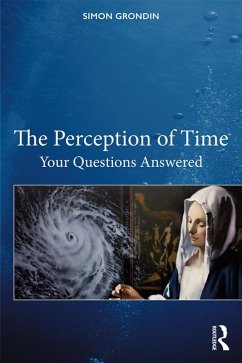Dieser Download kann aus rechtlichen Gründen nur mit Rechnungsadresse in A, B, BG, CY, CZ, D, DK, EW, E, FIN, F, GR, HR, H, IRL, I, LT, L, LR, M, NL, PL, P, R, S, SLO, SK ausgeliefert werden.
"This book will appeal to both the intelligent layperson and the advanced undergraduate or graduate" - Vincent Walsh, Professor of Human Brain Research, University College London, UK









